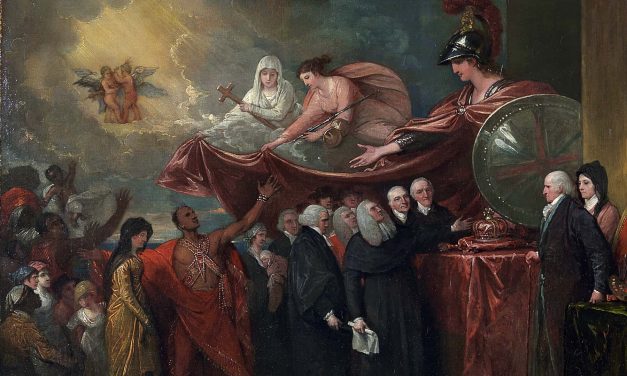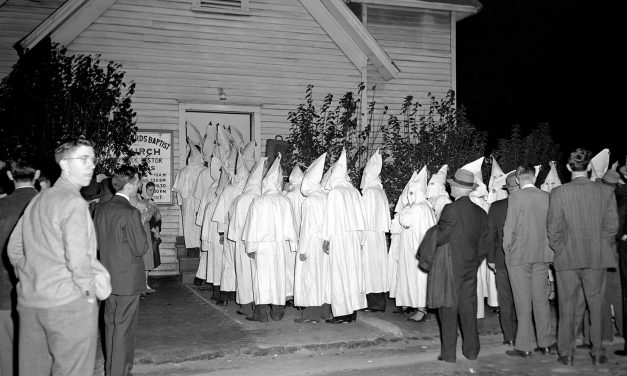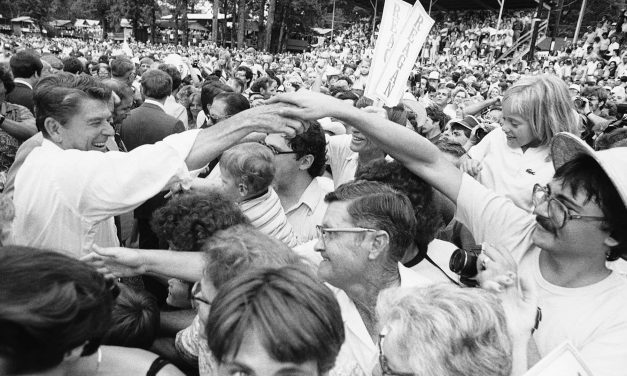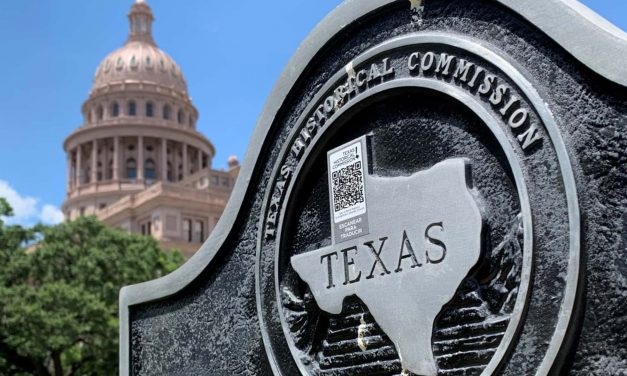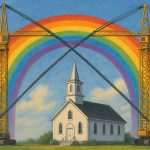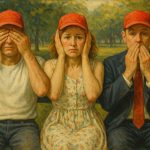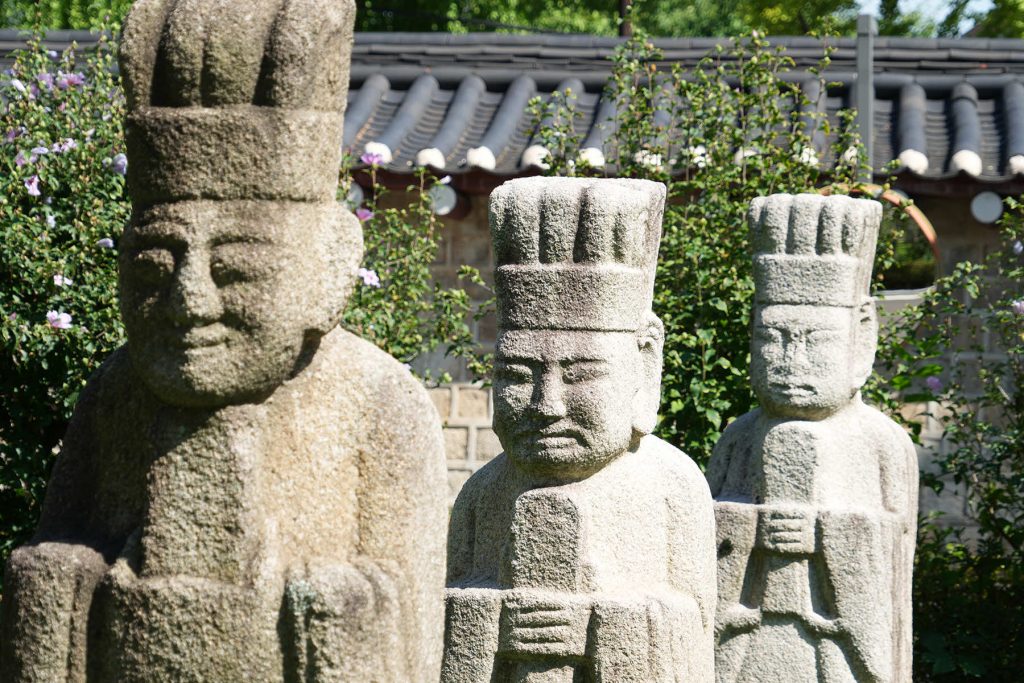American Refugees: When loyalists fled the newly sovereign states after independence from Britain
By G. Patrick O’Brien, Lecturer in History and Philosophy, Kennesaw State University The U.S. has long been a destination for people fleeing war-torn regions of the world. But in 1783, the tables were turned. Between 60,000 and 100,000 disaffected colonists from diverse backgrounds were fleeing the American states newly independent from Britain. The leaders of these exiles referred to themselves as “loyalists,” a title they chose to underscore the debt they believed the British Empire owed them. The largest group of refugees, around 32,000 people, went elsewhere in North America, to British-controlled Nova Scotia and the newly created British...
Read More
